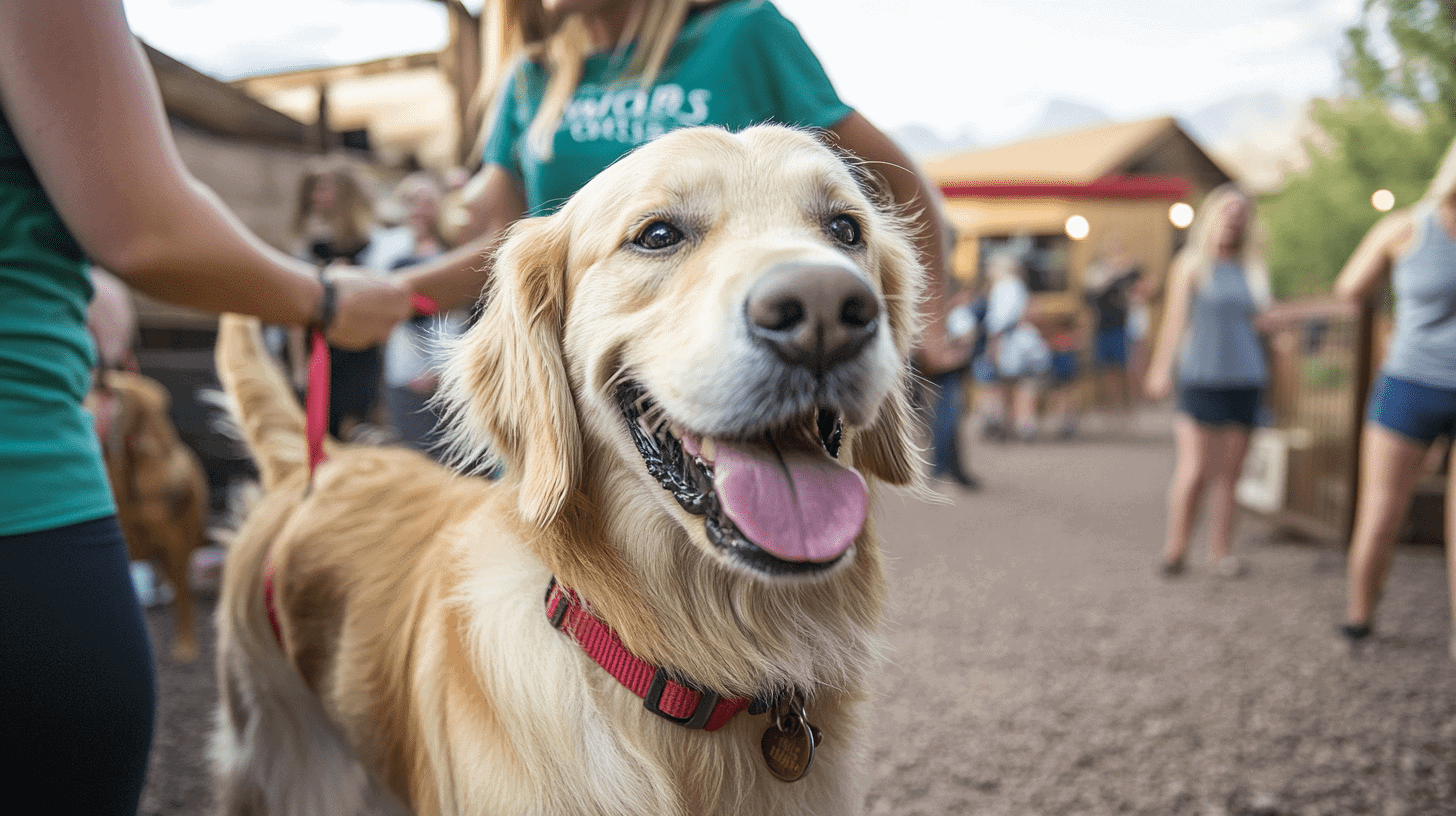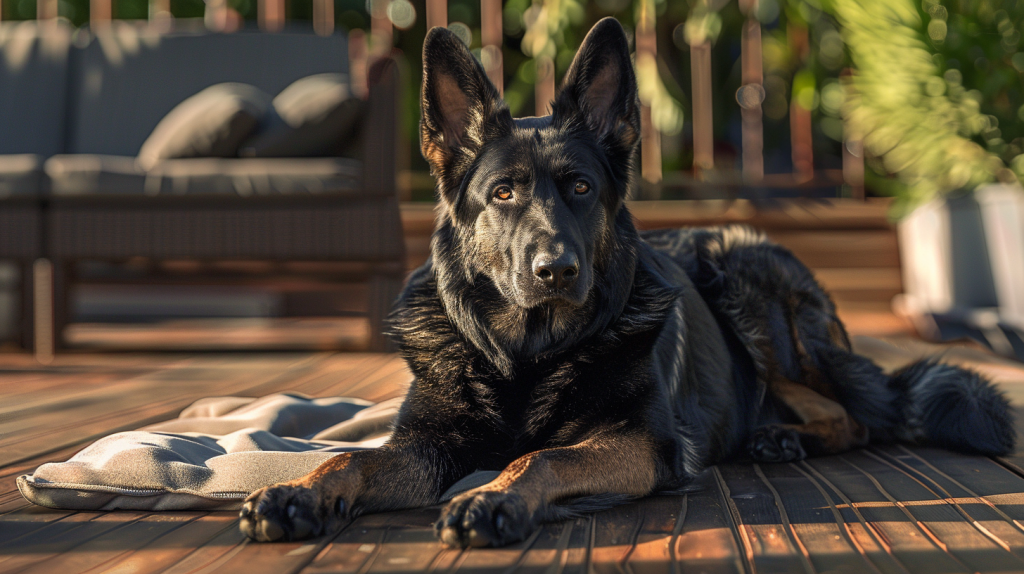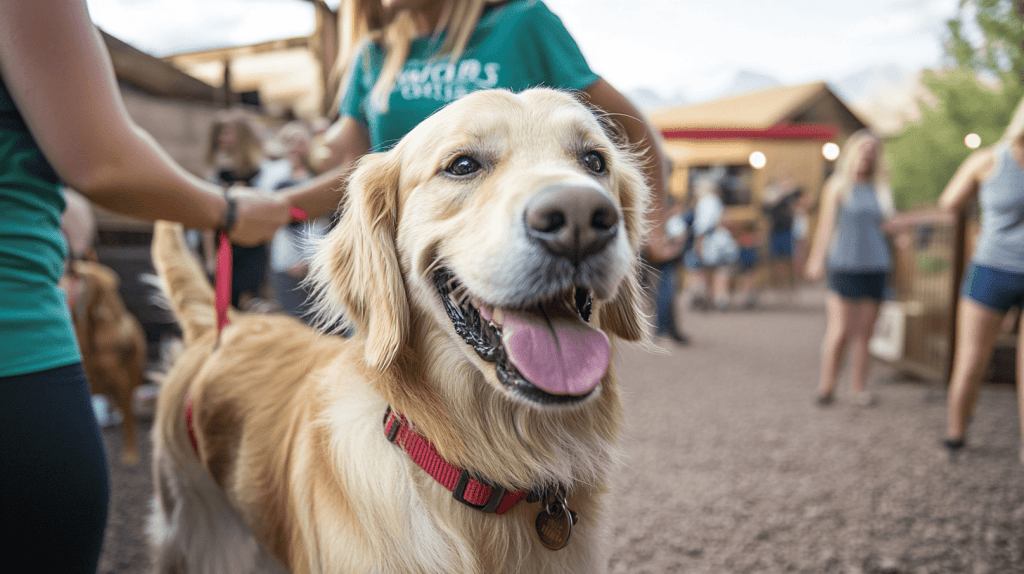By Melissa Robinett, DVM, Bel Marin Animal Hospital, Novato, CA
It’s late spring, and allergy season is in full swing. As all humans with allergies know, we still don’t have a cure for this condition. The same is true for our allergy-prone canine companions. So, as in humans, management is the goal.
There are three major types of chronic allergies in dogs: food, fleabite hypersensitivity, and environmental. Dogs with allergies to environmental allergens are said to have atopic dermatitis (AD). Many dogs with AD will also have concurrent food and/or fleabite hypersensitivity so it’s important to work with your veterinarian to obtain an accurate diagnosis. So what can you do to help your itchy dog?
Pay particular attention to flea control. A dog with fleabite hypersensitivity only needs a couple of bites to become extremely uncomfortable. A single flea is one too many for a flea-allergic dog and can make AD symptoms worse. Uncomplicated flea allergy usually results in the dog chewing and biting at his hind end.
For food allergies, try a food that has limited ingredients and try to choose one with a protein source that the dog has not been exposed to, if possible. Many dog foods contain chicken; so try a fish or lamb-based food if your dog’s diet hasn’t included these before. Your vet may recommend a true hypoallergenic diet. These diets are usually prescription only and can be both diagnostic as well as therapeutic for food allergy, if the diet is strictly followed for at least eight to ten weeks.
If your dog is suspected to have AD, it may help to bathe him once or twice weekly with a medicated shampoo, especially if he has a secondary skin infection. Bathing also helps remove allergens from fur, helping to control further irritation. Giving your dog Omega-3 fatty acid supplements can help tame inflammation. In some cases, antihistamines may also help stop itching. There are a lot of different antihistamines and it is sometimes necessary to try a few to see which one might be the most effective.
Dogs can be tested to see what allergens they are most reactive to. A desensitization serum made especially for your dog and given by injection may help decrease his symptoms. Steroids are the old standby to stop itchiness in dogs, but if you find you need to rely on them often for control, talk to your vet about newer drugs now available.







